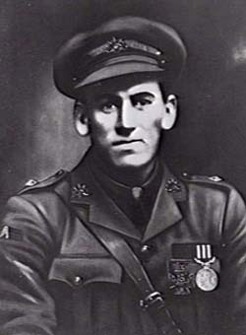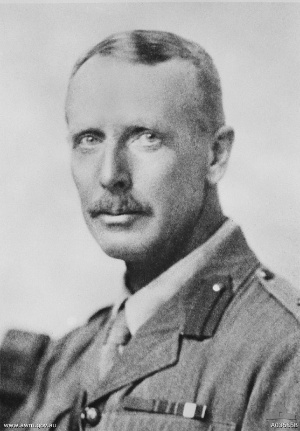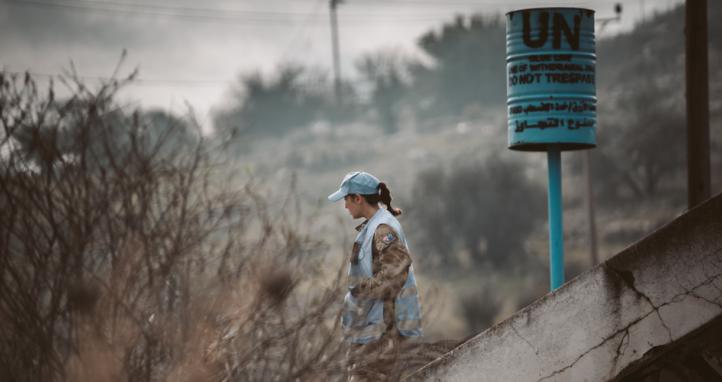Second Lieutenant Frederick Birks VC, MM (1894 - 1917, 23yo)

Frederick Birks was born in North Wales and emigrated to Australia in 1913, where he worked as a labourer in both Tasmania and Victoria. Following the outbreak of the First World War, he enlisted in the Australian Imperial Force on 18 August 1914.
Assigned to the 2nd Field Ambulance of the Australian Army Medical Corps, Birks deployed to Gallipoli on 25 April 1915, supporting the 2nd Infantry Brigade as a stretcher bearer. Despite being wounded by shrapnel, he remained on the peninsula until September. He later served in Egypt and fought on the Western Front during the Somme campaign. For his consistent and dedicated service, he was awarded the Military Medal at Pozières in 1916, an award personally presented by General Birdwood.
Birks was selected for officer training and received a commission as a Second Lieutenant in the 6th Battalion on 4 May 1917. On 20 September 1917, during an advance through Glencorse Wood, he displayed remarkable courage. Alongside a corporal, Birks charged a pillbox that was impeding the battalion's progress. After the corporal was wounded, Birks continued the assault alone, eliminating the defenders and seizing a machine gun. He later assembled a small party to attack another enemy position, capturing sixteen soldiers and inflicting further casualties.
Tragically, the following day Birks was killed by artillery fire while attempting to rescue comrades buried by an explosion. For his "conspicuous bravery," he was awarded the Victoria Cross posthumously.
He was laid to rest in Zillebeke Cemetery, Belgium. In 1921, a memorial to his service was erected at St Matthew's schoolyard in Buckley, North Wales.
Trooper John Bisdee VC, OBE (1869 - 1930, 60yo)

John Bisdee was born in Tasmania and received his education in Hobart. He worked on his family's property until 1900, when he volunteered for service in the South African War. He enlisted in April that year as a Trooper in the 1st Tasmanian Imperial Bushmens' Contingent.
Bisdee departed for South Africa on 26 April and took part in campaigns across Cape Colony, the Transvaal, and the Orange River Colony. On 1 September 1900, during a reconnaissance mission near Warmbad in the Transvaal, his unit was ambushed in a narrow, rocky pass. Of the eight men in the scouting party, six were wounded. One officer, injured and dismounted, had his horse bolt. Under intense enemy fire, Bisdee dismounted, lifted the wounded officer onto his own horse, and led it out on foot before mounting behind and riding them both to safety. For this extraordinary act of gallantry, he became the first Tasmanian to be awarded the Victoria Cross. Although wounded during the action, Bisdee returned to South Africa after recovering, this time as a Lieutenant in No.1 Company, 2nd Tasmanian Imperial Bushmens' Contingent, serving from March 1901 until the conclusion of the war.
In 1908, he joined the 12th Australian Light Horse Regiment as a temporary Lieutenant. He went on to serve during the First World War, ultimately achieving the rank of Lieutenant Colonel before his discharge in 1919.
John Bisdee passed away in 1930 and was interred in the churchyard of St James, Jericho. He was buried in the same grave as his sister, who died the following day.
Last Reviewed 05/2025









